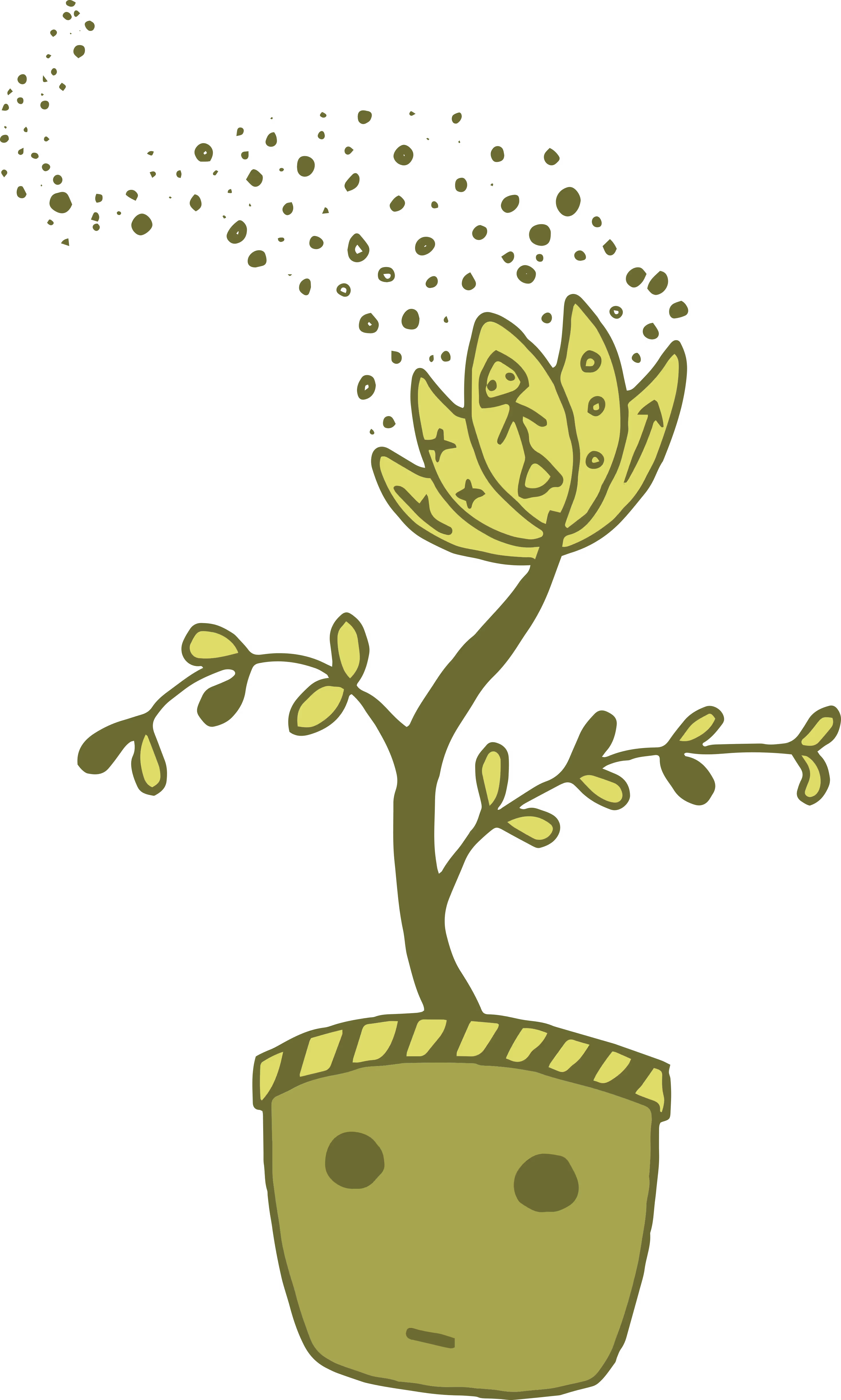Welcome to Unit 6: Co-creation & Caring with
Welcome to Unit 6! We’re nearing the end of our learning journey within this particular MOOC (but not of our Community of Practice and its perpetual ongoing!), and it is now time to experiment with different (co-)creative methods.
In this Unit, we will delve further into the phases of care giving and care receiving and in turn the nurturing of response-ability and caring with. We will do so from the context of exploring the meaning and practice of co-creation, and learn from different contributors about their experiences applying different kinds of methodologies.
We will also reflect upon various aspects related to co-creation, including the delicate balance between caring and carrying, the importance of establishing non-extractivist relations, and the expected outcomes of meaningful engagement processes.
Thus, our aim in this Unit is three-fold:
- Firstly, to encourage reflection and debate on the relationship between care (Care-full scholarship), collaboration and creativity (‘co-creativity’).
- Secondly to support you in actively promoting and nurturing, but also managing and responding to, the effects of co-creativity within your scholarly practice.
- And thirdly, by drawing together your and our contributions to this Unit, to better understand the potential of engaged and co-creative scholarship in furthering more just sustainability agendas.

Why does co-creation matter for care-full knowledge production processes?
The term co-creativity is used in this MOOC in reference to both individual methods and overarching scholarly approaches that, through action and reflection, stimulate alternative understandings of why and how things are, and how they could be. Accordingly, emphasis is placed throughout on co-creative practice as requiring a retained sensitivity to the importance of researching and learning ‘with’.
Our basis for making the connection between care-full scholarship and co-creativity is that knowledge is neither static, nor is it the exclusive prerogative of researchers or professionals. Rather, knowledge is relational and ‘in becoming’. In a research context, for example, this means that it is co-created by both researchers and participants, who constantly question theoretical assumptions against its relevance on the ground (Moriggi, Soini, Franklin, et al., 2020).
For knowledge to be co-creative, we need to put into place inclusive and enabling engagement processes. Such processes must enable the people involved to express what matters to them in ways appropriate to their capacities (Kaley et al., 2019).
Co-creative processes can also have an emancipatory effect, not merely leading to new practical knowledge, but also new abilities to create knowledge (Reason & Bradbury, 2008).
Please find the blank Unit 6 worksheets below should you like to use them for this Unit.




